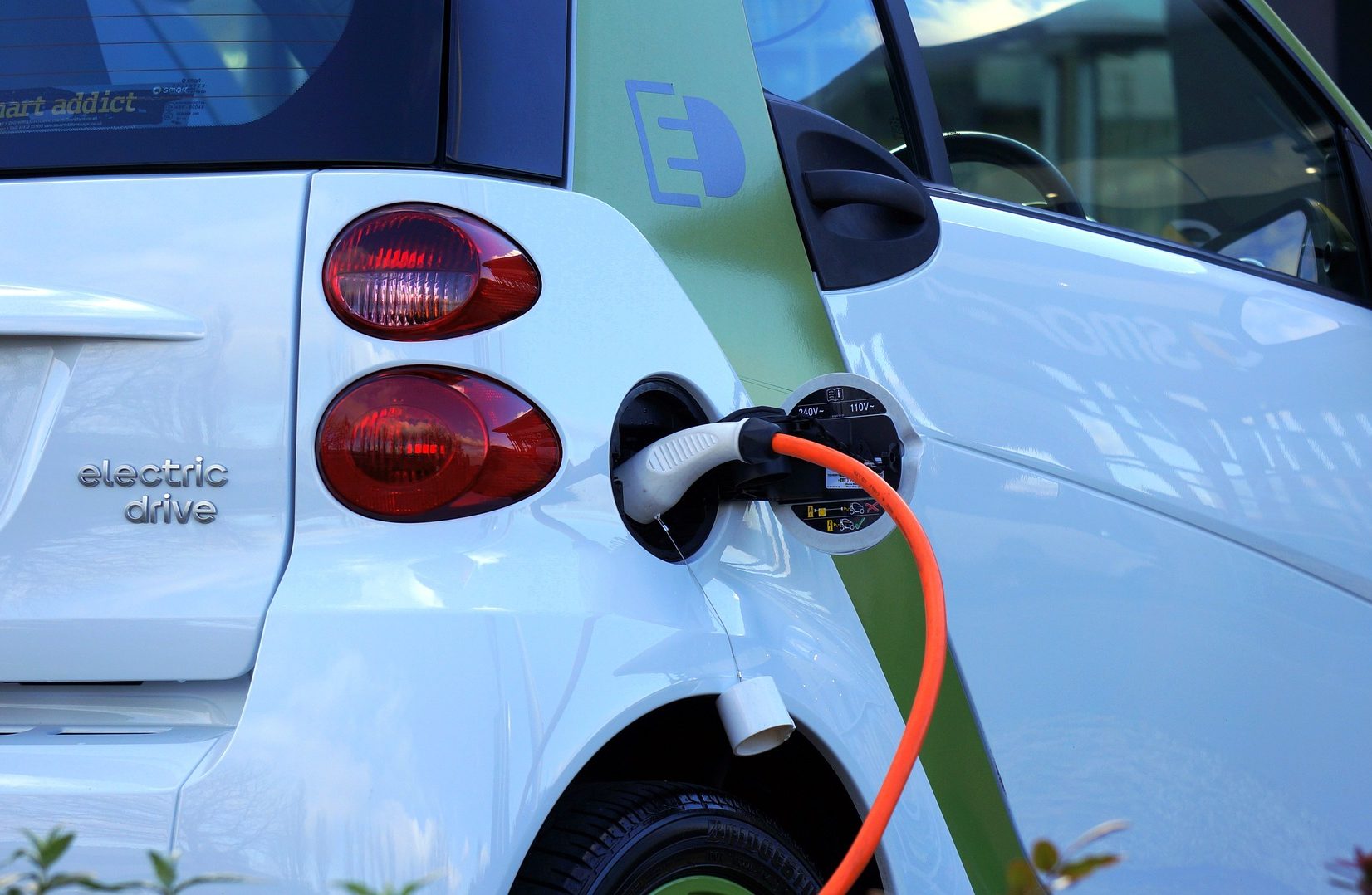When the tax benefits of electric cars are being discussed, the conversation is usually targeted towards employees, where the benefit in kind savings can be considerable. For the self-employed, there are still advantages to be had, but these are mainly in cash flow because, over the life of the vehicle, the tax relief available will still be on the difference between the purchase and sale price, restricted to the business use percentage. With fully electric cars, there is full tax relief up front, but some of this is clawed back on sale.
For tax relief to be available:
- The new electric car must be unused (brand new).
- The car must be fully electric (0g/km CO2).
Where these apply:
- Tax relief is given as a 100% first year allowance at the business use percentage in year 1.
- Then a tax charge at the business use percentage of sale proceeds applies in the year of sale.
Example
Year 1 (30% business use)
Purchase new electric car costing £60,000. You would get 100% first year allowances at your 30% business use, meaning £18,000 qualifies for tax relief.
Year 4 (25% business use)
Sell the electric car for £30,000. You would have a tax charge on the sale proceeds at your 25% business use, meaning £7,500 is subject to tax.
Timing
The difference between allowances on diesel/petrol/hybrid vs electric is timing. Diesel, petrol, and hybrid car allowances are claimed throughout the period of ownership, whereas allowances on fully electric cars can be claimed in the first year, but some of this is clawed back on sale. Therefore, over the period of ownership, the tax relief position is the same. There is no best time to buy, you just get the allowance in the year of purchase.
Just to note, capital allowances (including the 100% first year allowances on electric cars) are only available on cars that are purchased, including those on finance. They are not available on lease cars where ownership does not transfer. In this situation, you claim tax relief on the business use percentage of the lease costs, which may be restricted depending on the emissions of the car.
There are many different financing and purchasing options around, especially for electric cars, and it’s important to look at each one specifically to see what tax relief would be available.
If you need any assistance, please get in touch with your usual BHP contact, or find your nearest branch.
This material is for informational purposes only and should not be relied upon as professional advice.



